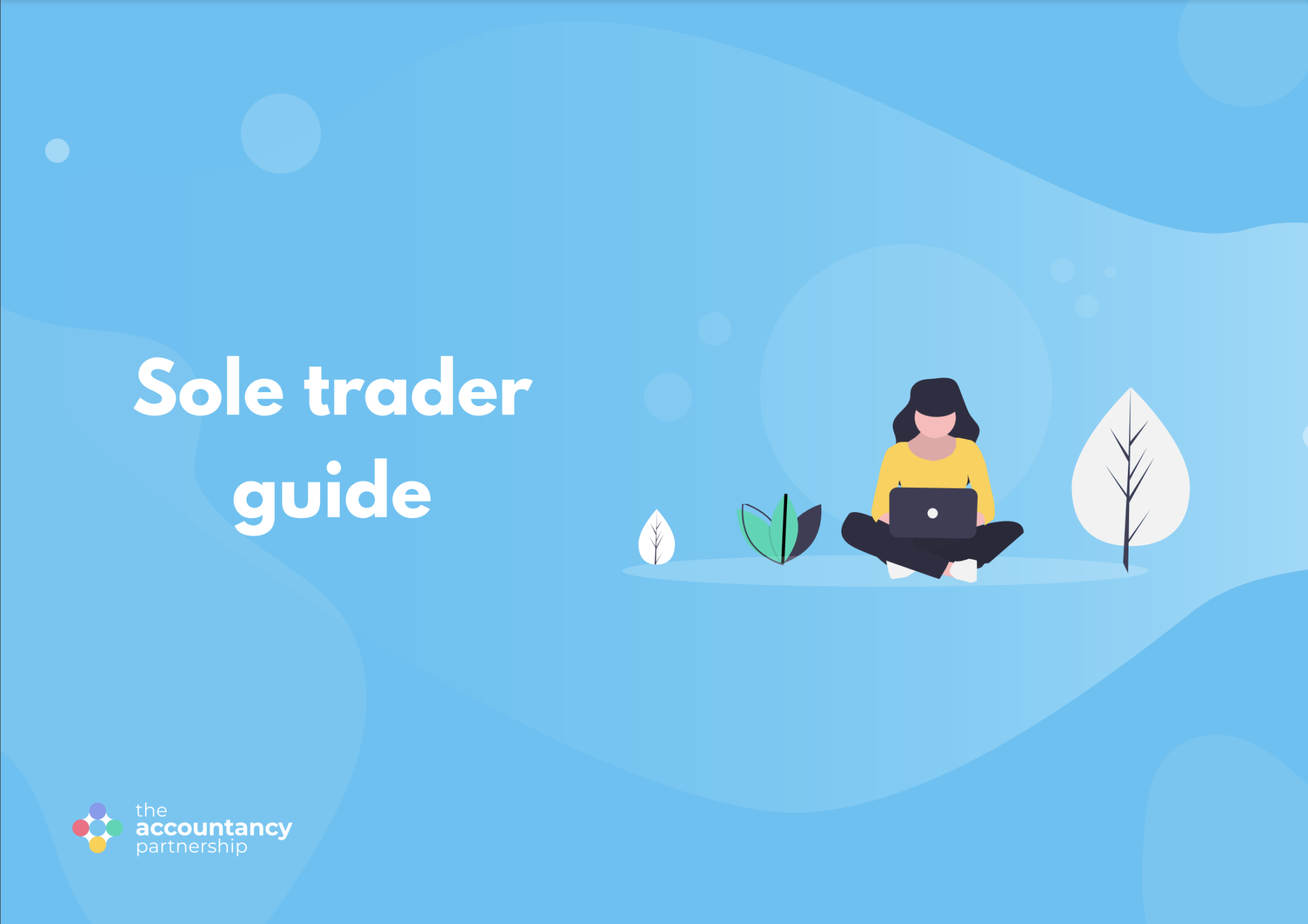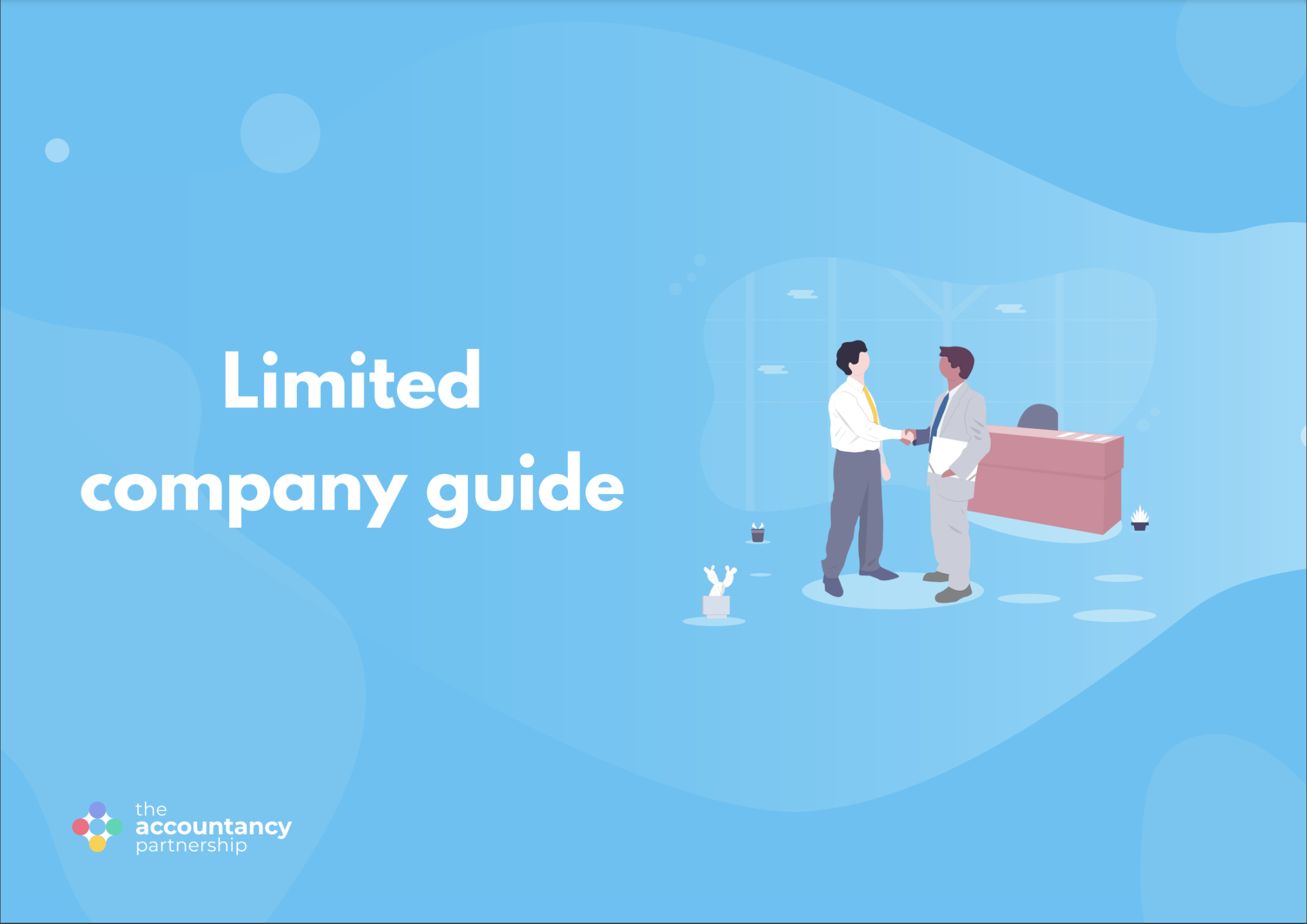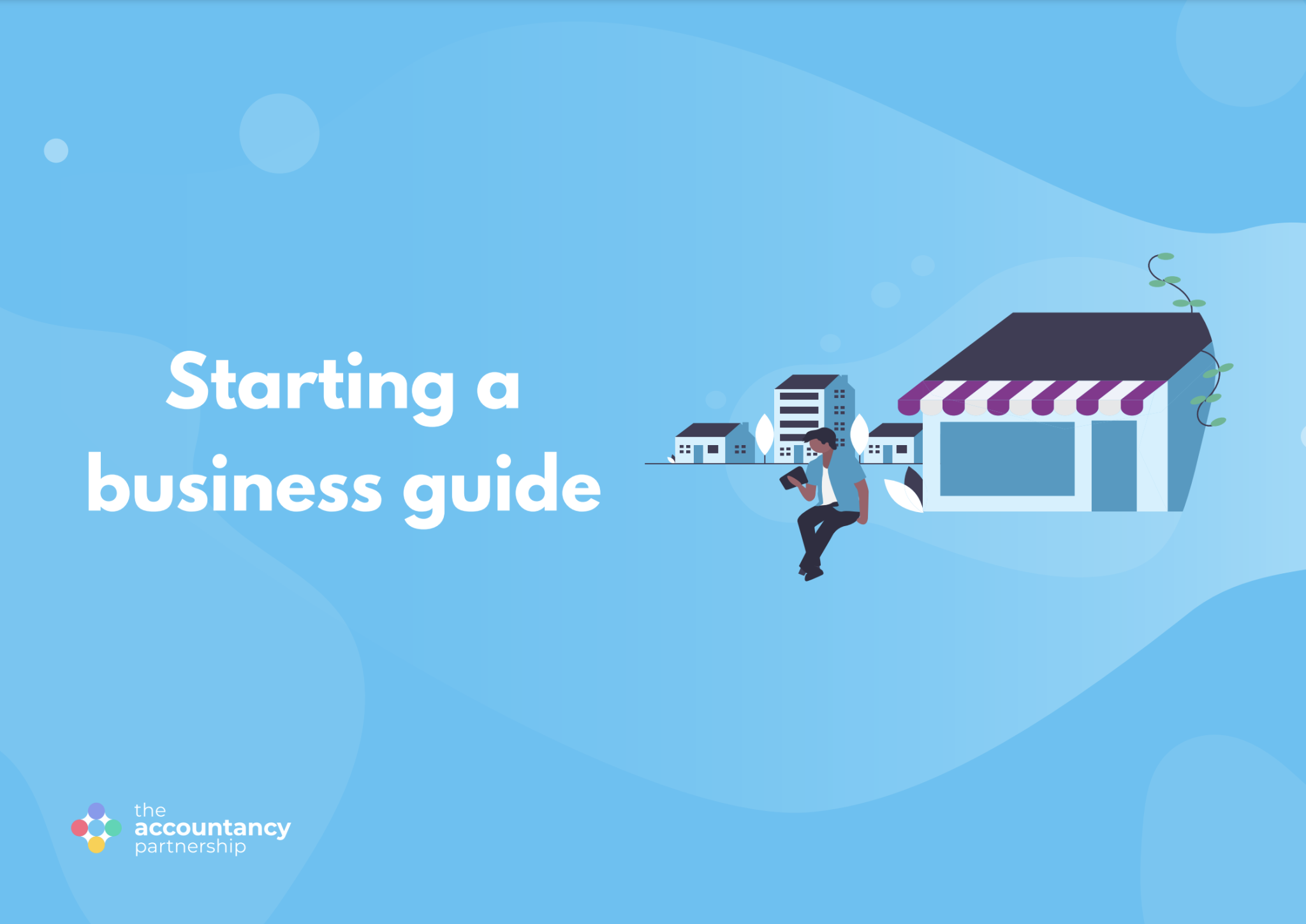Freelancer Accounting
Freelancing isn’t a typical job with regular hours, so the accounting side of your business can sometimes take a back seat. It’s hardly surprising, especially when it can all seem so confusing!
Our Freelance Accounting hub signposts you to guides and resources covering the essentials of invoicing your clients, keeping financial records, telling HMRC about what you earn, and paying tax.
We might not be able to cover every single aspect of tax and accounting you come across, but we do aim to offer up important information you should be aware of when venturing out into the freelance world.
If our pointers don’t cover your financial questions or if you can’t find what you need on the website, then drop us a line! We will do our best to help out.
Taking care of your accounting
Keeping up with client deadlines and winning new freelance projects is demanding work, so it’s not surprising that the admin can feel overwhelming. Sadly, there’s no way around how important it is to have good financial records. Keeping your books up-to-date, literally called bookkeeping, is a key part of running your business. It helps you pay bills on time, get paid faster, and it makes tax returns much easier too.
Managing your own accounts can be time-consuming though – and honestly, really stressful if you’re not sure what you’re doing! Using the services of a reliable accountant or bookkeeper can be a good way to take the pressure off.
What should a freelancer look for in an accountant?
Any good accountant will be able to offer you some level of support, but finding one who has experience working with freelancers will be useful. Whether you’re a sole trader or registered as a limited company, working as a freelancer is very different to working as a larger business, especially one with lots of employees. These differences tend to be reflected in your accounts.
It’s also worth considering whether you need an accountant who specialises in your particular industry. Contractors who work in the construction industry are an excellent example of this.
Not only are they subject to the confusing world of IR35, there are also tax considerations involving the Construction Industry Scheme. Neither are particularly straightforward, so it’s well worth looking for an accountant who has experience in your area.
Can I use an online service?
Using an online accountant means you’re not restricted to the local area, giving you more choice and at a more competitive price. A freelancer based in central London isn’t restricted to using a London accountant; you could use an online accountant in Manchester if they’re more suitable for your needs.
Do I need an accountant or a bookkeeper?
To answer this properly, it’s useful to understand what the difference is between accountants and bookkeepers.
- Bookkeepers: Literally keep the books! It’s their job to record transactions correctly, create reports of your data, and generally keep your freelance finances up to date
- Accountants: Use the bookkeeping data to prepare accounts and tax returns, help you be more tax-efficient, and see where you could save money
Lots of accounting services include bookkeeping support, or you can use bookkeeping software to maintain your own records.
Finding an accountant for your freelance business
Choosing the right accountant is a bit like shopping for the right pair of shoes. Any pair might get you from A to B, but the right pair is a far less painful experience.
We’ve already touched on the subject of looking for someone who has experience in your type of business, so what else might you consider on your hunt for a freelance accountant?
Will you want to see them in person?
Freelancing is typically pretty flexible, so the idea of working online with clients that you never actually meet in person is probably nothing new. It’s a concept which has rolled out into the world of accounting, with online practises offering the same excellent level of services, but without the high-street business-rates price tag. You might not always need a local accountant.
What services will you need from them?
You might not need every single service your accountant offers, so if they’re all bundled together in one package you might want to see if there’s any room for discounts. For example, leaving out payroll services if you don’t need them will help bring down the cost.
Cheapest isn’t necessarily cheap in the long run
Back to the shoes analogy here! Just like it’s better to buy one decent pair of shoes than multiple pairs which fall apart faster, it’s better to pay for your accounts to be done properly.
Really cheap isn’t always the best road to take in the long term as it often also means you incur costs further down the line with ‘additional services.’ Shop around, and compare quotes for accountancy fees before committing to anything.
Find out what accounting software they use
Most use specialist accounts software, but more and more also provide simple bookkeeping software which their clients can use. It can help you save quite a bit of money, and can making working together on real-time data easier too. Double bonus points if it’s MTD-friendly!
Do they limit the amount of support?
This is basically about checking what the fee includes. If your accountant charges a flat fee for the service, but then bills you each time you pick up the phone, any questions or issues can quickly become rather expensive! Some practises offer unlimited access to your accountant throughout the year, which is pretty useful.
It’s also worth checking if you will have direct access to your accountant, or if you’ll be allocated an account manager. Ideally, you should be looking for direct contact.
The Freelancer Guide #1
Everything you ever wanted to know about stacking the freelance odds in your favour (part one).
The Freelancer Guide #2
Everything you ever wanted to know about stacking the freelance odds in your favour (part two).
Freelance Accountant Guide
Everything you need to know about the accounting side of your business.
Tax and accounting for freelancers
Registering as self-employed means reporting and paying tax on your freelance earnings is on you. Don’t be tempted to spend your income all at once, some of it belongs to HMRC!
How much tax will I have to pay if I’m self-employed?
The good news for freelancers is that you get an annual Trading Allowance of £1,000 every tax year. You’ll be entitled to this even if you earn money from somewhere else -like an employer – but you’ll only get it once per year. You can’t have multiple freelancing businesses and get the allowance for each one!
After that, you’ll still have your tax-free Personal Allowance, so you won’t pay tax on the first £12,570 you earn in a tax year. Once your earnings go over the threshold, the rate of tax you pay depends on how much you have coming in. The rates are different for Scottish taxpayers, but in England, Wales, and Northern Ireland you’ll pay:
- 20% tax on earnings between £12,570 and £50,270 (the basic rate tax bracket)
- 40% on what you get from £50,270 to £125,140 (the higher rate)
- 45% over £125,140 (additional rate)
If you’re earning under the higher rate tax bracket, then it’s usually helpful to put around 30% of your self-employed income aside for taxes and National Insurance.
You don’t want to be hit with a big bill that you might struggle to pay if you’re in a dry patch by the time your tax is due.
It’s why freelancer accounting is so important! Keeping track of your earnings will help you stay on top of your tax bill.
Do I still need to pay National Insurance?
As well as income tax, you will need to pay National Insurance contributions too. Self-employed people pay Class 4 National Insurance at a rate of 6% on earnings above £12,570, and then 2% on any earnings over £50,270.
Is there a way to lower my tax bill?
Freelancers pay tax on the profits they make, so it’s important to make a note of all your business expenses because these can be deducted from your income and you’ll be charged less tax. But what can you claim as an expense?
The short version is that anything you use wholly and exclusively in your business is allowable. The reality is a bit more complicated than that, so we created a separate guide which gives you more detail.
How do freelancers pay tax?
Freelancers normally need to send a Self Assessment tax return to pay tax. The process for sending this information is changing with the introduction of Making Tax Digital for Income Tax (MTD IT for short), but the rollout is happening in stages so double-check if you’re affected!
Do I need to charge VAT?
You can only charge VAT if you become VAT-registered, and you won’t need to do that until your taxable sales hit the registration threshold of £90,000 in a 12-month period. Some people decide to register voluntarily because it’s tax efficient. It can be a bit complicated, so we explain VAT for freelancers in a separate guide!
Sole Trader Guide
Get the full low down on setting up as a Sole Trader, an option most new Freelancers would opt for.
Limited Company Guide
A guide on setting up a Limited Company, again very useful information that you may need.
Starting A Business Guide
Don’t know which type of business you should set up? Try this guide about starting a business.





